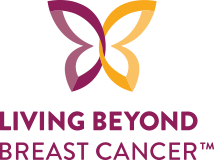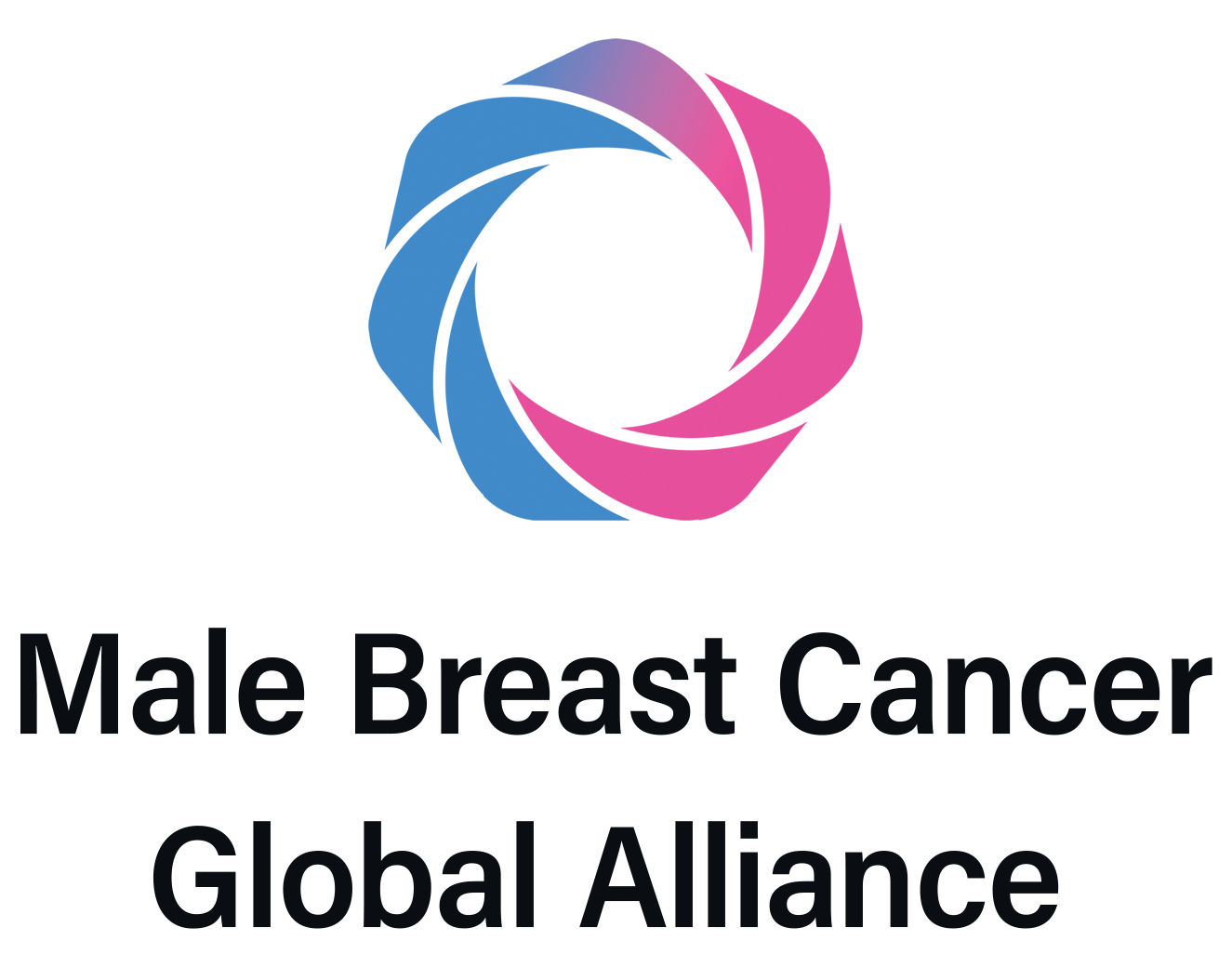Becoming My Own Best Healthcare Advocate
By Carla H.


I was diagnosed with metastatic breast cancer (mBC), stage IV de novo (meaning it was my first diagnosis), in May of 2014 at age 37, three years before the recommended age to start receiving annual mammograms.
After hearing my primary doctor say, “Oh you’re only 37 you don’t need a mammogram,” and receiving a quick manual exam during my well-woman appointment in December 2013 – just five short months prior to my diagnosis – I decided to go back for a second opinion because things didn’t seem right. The second doctor scheduled a mammogram followed by an ultrasound and further testing. Tests (biopsies, scans, and an MRI) revealed invasive ductal carcinoma (IDC), hormone receptor negative, HER2 positive with extensive breast cancer metastases to major organs and multiple bones, including my spine.
My life changed drastically in a matter of minutes. I couldn’t understand how you can be “healthy” one day and be diagnosed with terminal cancer the next. If I had listened to my first doctor, I probably wouldn't be here today. Thankfully, I listened to my body.
Many people tell me I “look good.” I’m thankful that I don’t look like what I’m going through, but they cannot see what I look like on the inside and feel what I’m physically feeling. They don’t fully understand the severity of my diagnosis and it is difficult trying to explain it. Some often ask when I will finish treatment and I explain that I will receive treatment until my body can no longer tolerate it; there is no finish line for me to cross. When I first started treatment, it took a while for my diagnosis to sink in and to realize that I would be on some form of treatment for the rest of my life. When one chemo or targeted therapy becomes too toxic or stops working for me, the oncologist will start the next line of treatment and, of course, with this new treatment comes a new set of side effects.
Dealing with the non-stop doctor’s appointments, the side effects from cancer, and the actual treatment gets overwhelming sometimes, so it’s important to have a good support system…family, friends, medical team, traditional and/or online support groups. Being a stage IV breast cancer patient is a full-time job, so it’s good to have a team to help advocate for you.
Life hasn’t been easy since diagnosis, some days are better than others, some days I don’t make it out of bed, but it’s a blessing to still be here!
A number of young women are diagnosed with breast cancer well before the age of 40. Some of those young women are diagnosed with stage IV as their first and only diagnosis (de novo), like I was! African-American women also have higher breast cancer mortality rates, which is why I encourage you all (women and men) to listen to your body and perform breast self-exams, which is how my cancer was discovered. You are your own best advocate! No one knows your body the way you do. If you ever feel the need to get a second opinion, please do so. I’m happy I did!










